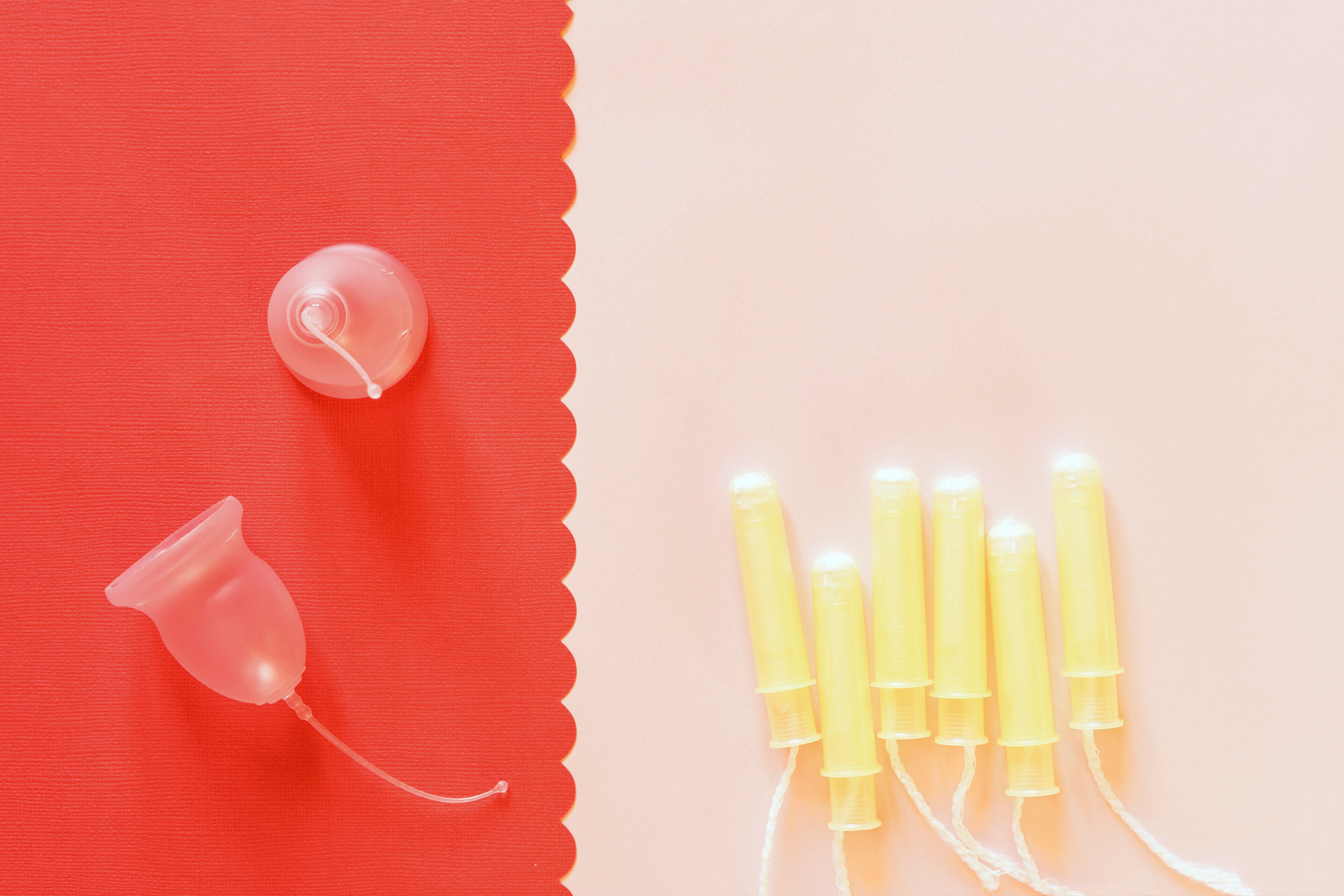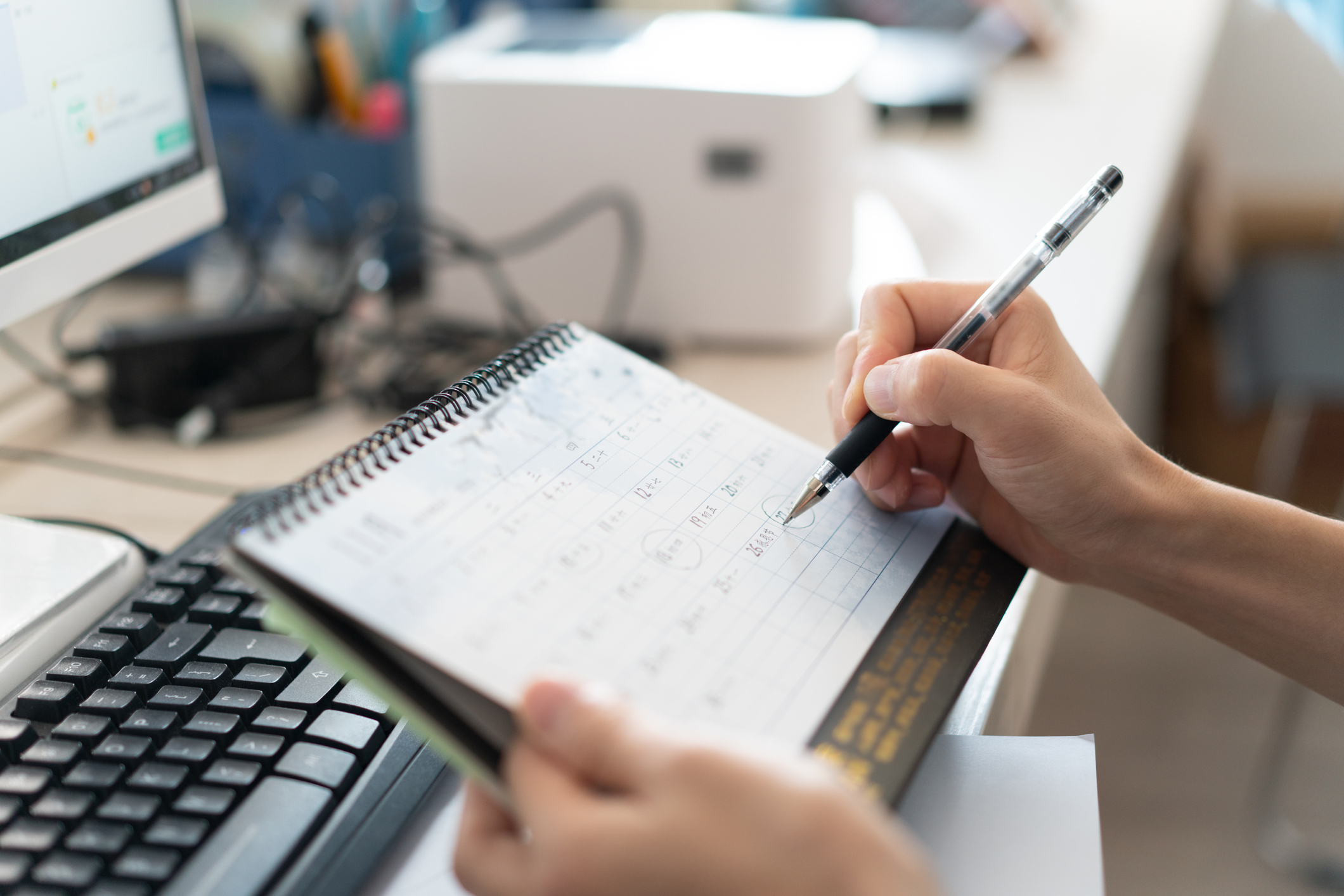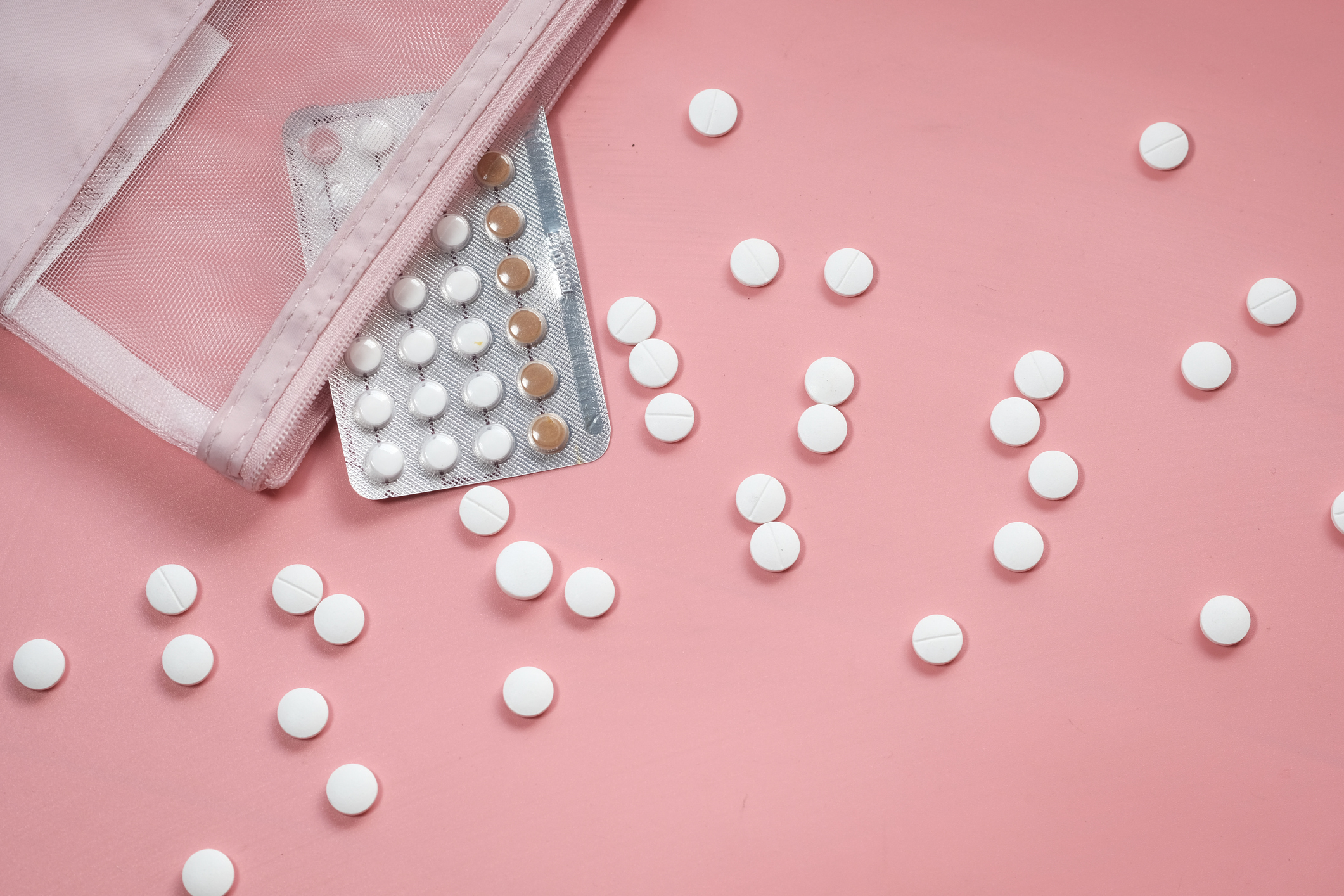What’s normal on your period? Everything you need to know


What's normal on your period often won't be normal for someone else.
This means it can be difficult to really outline what's 'normal' on your period. Some people have a period that lasts for a couple of days while others have one that lasts for longer. Some people bleed heavily and have to use multiple different period products, others only experience a light flow.
But no matter what your period looks like, there are sometimes clear signs that something isn't quite right with your menstrual cycle. To clear up when you should visit your doctor, we've asked NHS GP Dr Sonal Shah to share her advice.
What's normal on your period?
"Periods will vary from woman to woman," Dr Shah says, "It's not uncommon for periods to change over a woman's lifetime. What's normal for one person, may be very abnormal for someone else."
Generally speaking though, she says, periods should last for between three and seven days. They can occur every 21 to 35 days, depending on the individual's own menstrual cycle.

"Most periods start with a heavy flow for the first few days and this tends to reduce as the cycle continues," Dr Shah explains.
As everyone is different, our experts suggests keeping a record of your menstrual cycle either on your phone or a period-tracking app like Clue. This is a a great way to learn to recognise what's "normal for you". If you have any issues and need to see a doctor, this will also be useful information for them.
GoodtoKnow Newsletter
Parenting advice, hot topics, best buys and family finance tips delivered straight to your inbox.
How much blood should I lose?
"Most women will lose less than 16 teaspoons of blood (80ml) during their period, with the average being around 6 to 8 teaspoons (30 to 40 ml)," advice from the NHS reads.
But it's difficult to determine how much blood you should lose on your period as it differs from person to person.
What if my period is really heavy or really long?
While it may feel like you're losing a lot of blood, especially if you have to change your tampon or towel lots of times through the day, heavy bleeding is defined as losing 80ml or more throughout the whole of your period.
More common indications of a heavy period include:
- Changing your sanitary products every hour or two hours.
- Passing large blood clots (that are about the size of a 10p coin).
- Bleeding through to your clothes or bedding.
- Having to use two different types of period products together, such as a tampon and a towel.
Having a period for more than seven days is also a sign of a heavy period.

If you're concerned that your period is too heavy, visit your GP. While it's probably completely normal, having a heavy period could be a sign of a more serious health condition.
Following a succession of heavy periods, you also could be suffering from a loss of iron. So during your visit a GP will likely also run tests for anaemia.
What if my period is full of lumps?
Passing large clots may suggest that there is a problem with your menstrual cycle or your hormones, Dr Shah says.
"These should be discussed with your doctor. They may need to arrange blood tests, a pelvic and vaginal examination, cervical screen, swabs or an ultrasound to investigate."
What if my period is irregular?
According to the NHS, irregular periods are when the length of your menstrual cycle keeps changing. This means that you'll get your period earlier or later than you originally thought you might.
While many women develop a regular cycle after reaching puberty, with a similar length of time between periods, irregular periods are not necessarily something to be concerned about. It's not uncommon for periods to start a few days early or late as there are often other external factors at play.
Some of the causes of an irregular period include:
- The beginning of puberty: periods tend to be irregular for the first two years after having your first period.
- The start of menopause: this normally occurs between the ages of 45 and 55.
- Early pregnancy: if this is a possibility, take a pregnancy test to rule it out as a possible cause.
- Hormonal contraceptive: some types of hormonal contraceptives such as the pill or the intrauterine system (IUS) can cause irregular periods.
- Weight loss or weight gain
- Excessive stress
- Excessive exercise
- Some medical conditions, including polycystic ovary syndrome (PCOS), endometriosis or a thyroid issues.
Irregular periods aren't always cause for concern but they are one of the reasons to go and see your doctor, Dr Shah explains. If you're under 45 and your periods have suddenly become irregular, you have periods more often than every 21 days or less often than 35 days, your period lasts longer than a week, or you have irregular periods and you're trying to get pregnant, then you should see your doctor as soon as possible.

By running various tests, conducting vaginal and cervical examinations or an ultrasound, they'll be able to see whether or not there's anything wrong.
What if I don't have a period or they have stopped?
Much like irregular periods, there are a number of reasons why you may have missed a period. They include:
- Pregnancy
- Extreme stress
- Rapid weight loss
- Being overweight
- Too much exercise
- Contraception, especially the contraceptive pill
- Early menopause
- Polycystic ovary syndrome (PCOS)
There are also more serious reasons why you may have missed a period or your period has stopped altogether such as heart disease or uncontrolled diabetes.
Pregnancy is the most common reason that periods stop, the NHS says. "It can sometimes happy if the contraception you're using fails.
"It might be that your period is simply late, so you could wait a few days to see if it arrives. If it does not arrive, you can do a pregnancy test to confirm whether or not you're pregnant."
If you're worried about missing a period, visit your GP who will be able to determine the cause of the issue.

Is it normal for periods to be painful?
Period pain is unfortunately very common and a normal part of your period in many cases. However, "flooding excessively painful periods" are certainly a reason to see your GP, Dr Shah says.
Experiencing pain before your period actually starts is often due to pre-menstrual syndrome (PMS). People often ease symptoms using natural PMS remedies or taking painkillers. Some people also experience pain in other parts of their menstrual cycle too, such as during ovulation.
Pain during a period is normally felt in the lower abdomen but it can spread to the lower back and thighs. Sometimes the pain comes in intense spasms and other times it may be more dull and constantly painful.
It happens when the muscular walls of the womb contract more vigorously than normal to help the womb shed the lining, which happens naturally during your period. When this happens though, the blood vessels lining the womb are also being contracted. This cuts off the blood and oxygen supply to your womb. Without this supply, the tissues in the womb give out chemicals that produce feelings of pain.
At the same time that this is happening, the body is also producing other chemicals called prostaglandins which makes the womb muscles contract even more. This further increases the feelings of pain.
While your body is releasing these pain-triggering chemicals, it's also producing other chemicals called prostaglandins. These encourage the womb muscles to contract more, further increasing the level of pain.
Most people deal with period cramps using a combination of over-the-counter painkillers, a hot water bottle and rest. Light exercise and yoga also helps ease period pain. You can also look into making changes to your diet to help your period if you get regular period pain.

Intense and constant period pain that disrupts your daily life could be a sign of something more serious such as endometriosis, fibroids, pelvic inflammatory disease or adenomyosis. It could also be linked to problems with any contraceptive methods.So if you are concerned about the levels of pain you're experiencing, visit your GP as soon as possible.
When to see a doctor about your period
"Concerning symptoms including bleeding in between your periods, bleeding after sex, pain during sex or vaginal discharge," Dr Shah says. "If these symptoms occur you should discuss this with your GP."

Grace Walsh is a health and wellbeing writer, working across the subjects of family, relationships, and LGBT topics, as well as sleep and mental health. A digital journalist with over six years experience as a writer and editor for UK publications, Grace is currently Health Editor for womanandhome.com and has also worked with Cosmopolitan, Red, The i Paper, GoodtoKnow, and more. After graduating from the University of Warwick, she started her career writing about the complexities of sex and relationships, before combining personal hobbies with professional and writing about fitness.